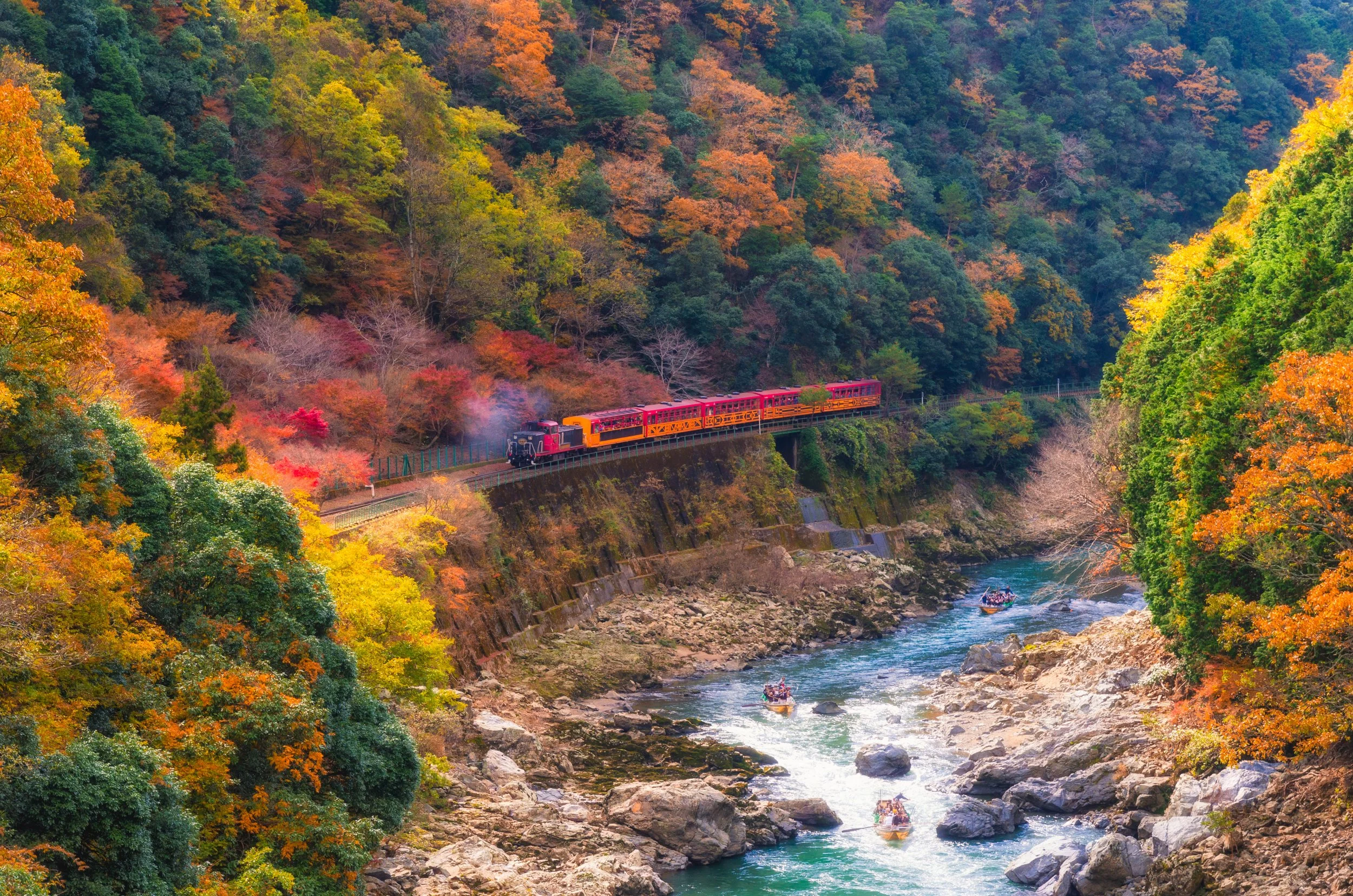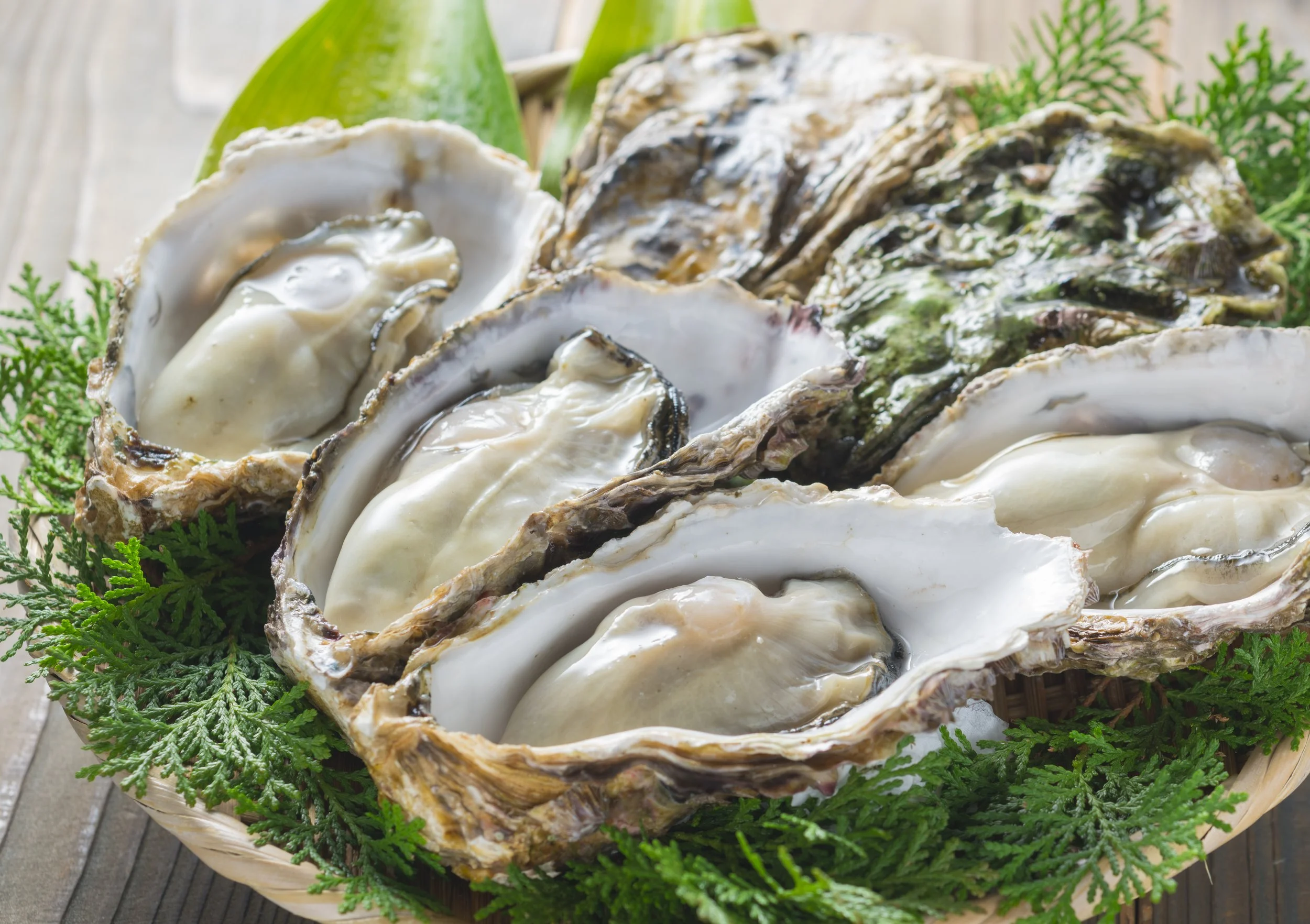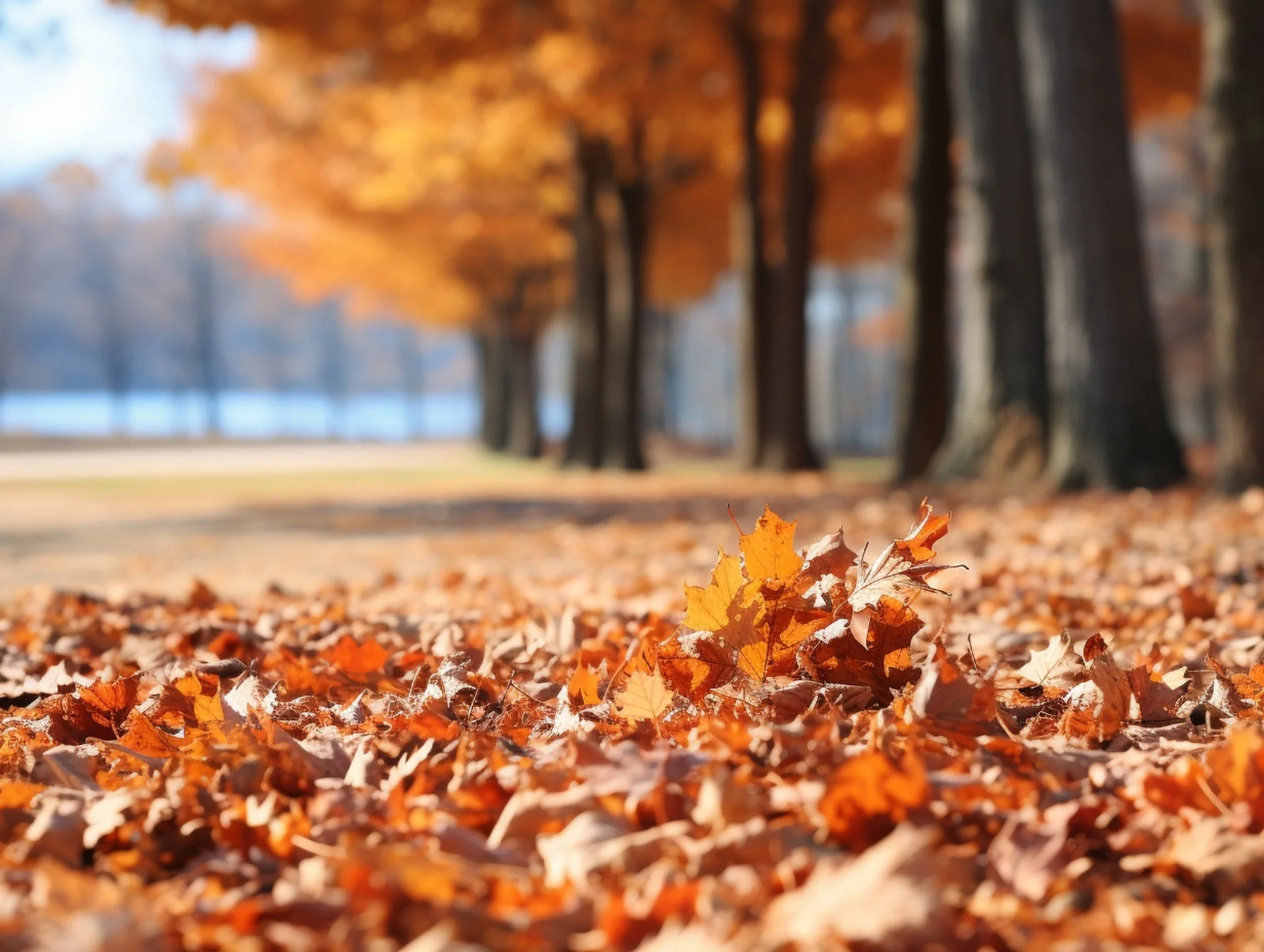Autumn in Japan: A Season to Eat, Read, Move, and Rest!
After the Summer Heat…
Welcome Autumn!
After the long summer heat, the weather finally cools down. It’s the season when all kinds of activities suddenly feel easier to enjoy. And in Japan, autumn has long been called “the season of ___”, with different phrases describing how people make the most of this time of year. Let’s take a look!
Shokuyoku no Aki (食欲の秋)・The Season of Appetite
Why do people tend to eat more in autumn compared to summer?
In summer, our appetite often decreases because of the heat. All we crave are light, refreshing foods such as ice cream, kakigōri (shaved ice), or chilled soba noodles. But as the temperature drops in autumn, life becomes more comfortable, and hot meals start to feel appetizing again. That’s why this season is called The Season of Appetite.
On top of that, autumn is the harvest season for some of Japan’s most delicious foods: chestnuts, sweet potatoes, persimmons, matsutake mushrooms, Pacific saury (sanma), oysters… I’m drooling just typing this!
Nowadays, thanks to agricultural technology, we can eat many of these foods year-round. But in the past, they were only available in autumn, so people savored them at their freshest and gave thanks for the harvest.
Food-centered activities can still be found everywhere during this season: the local ojii-san selling roasted sweet potatoes or chestnuts on the street, foraging matsutake mushrooms in the forest, or browsing the depachika (department store basement food halls) for bentos made with seasonal ingredients.
Dokusho no Aki (読書の秋)・The Season of Reading
Japanese novelist Natsume Sōseki
As the weather cools down, spending time at home or in your apartment becomes more comfortable. Parks also make the perfect spot to relax with a long novel.
And long novels mean long reading hours…but don’t worry! Since autumn nights are longer, it’s the ideal time to immerse yourself in the stories you love.
It is said that the origin of the phrase Dokusho no Aki comes from a Chinese poem. It was written by the poet Han Yu, who lived during the Tang dynasty in the 8th century. The poem conveys the idea that autumn is the perfect season for reading.
Later, the Japanese novelist Natsume Sōseki quoted this poem in his work, which helped spread the association of autumn with reading throughout Japan.
Supōtsu no Aki (スポーツの秋)・The Season of Sports
Autumn’s mild climate makes it one of the most pleasant times of the year to be active.
In fact, after the opening ceremony of the 1964 Tokyo Olympics was held on October 10th, the Japanese government established Health and Sports Day (体育の日). Since then, autumn has been linked with sports as a way to enjoy exercise and maintain a healthy mind and body.
Compared to the sweltering summer sun, the risk of heatstroke is much lower in autumn, making outdoor activities safer and more enjoyable.
Of course, “sports” doesn’t have to mean hardcore training. Taking a stroll or jogging through a city park as you enjoy autumn foliage is the perfect way to embrace this seasonal spirit!
Suimin no Aki (睡眠の秋)・The Season of Sleep
Did you know our sleep patterns actually change with the seasons?
In summer, it’s often hard to get a good night’s sleep. The heat keeps us awake, and leaving the windows open can let insects sneak in…frustrating, right?
Summer nights are hot and humid, which often leads to shallow, restless sleep. Even with the air conditioner on, the cold air or dryness can wake you up in the middle of the night. Because of this, many people struggle to get truly restorative rest in summer.
In autumn, however, the days grow shorter, the air cools down, and nights become much more comfortable. Naturally, our bodies start to crave longer, deeper sleep. Following this rhythm and getting proper rest is the perfect opportunity to recover from the sleep debt built up during summer.
What’s Next?
When you look at these autumn traditions, they’re all rooted in people’s beliefs and experiences from long ago.
But with technology evolving so quickly, who knows what the future might bring? Maybe one day we’ll hear phrases like サプリの秋 (Autumn, The Season of Supplements) or even AI作物の秋 (Autumn, The Season of AI-grown Crops).








